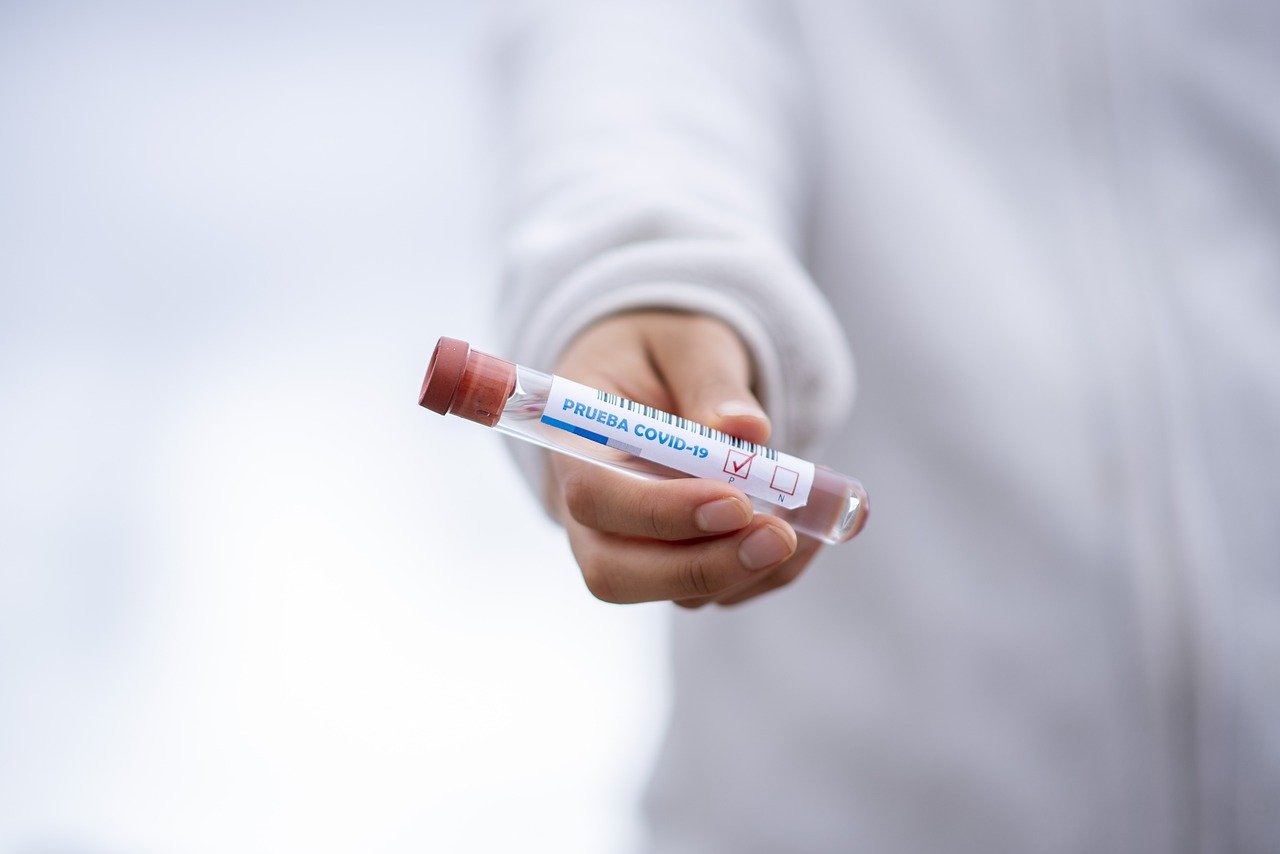
The Impact of The Pandemic
How the COVID-19 virus began is still unknown and its cause seems like a rather tough thing to prove. It has been widely known that the first reported cases were in the city of Wuhan, China in December 2019, but this does not automatically mean that the virus actually started there.
Nevertheless, the whole world has been impacted by it, leading to massive disruptions of our everyday lives, worldwide economics and even our mental health. Due to the pandemic, so many people have lost their jobs and lost their income, besides being isolated for a long time. Additionally, facing an increasing fear for the future and continuous worry, leading to anxiety, insomnia, and even more possible complications.
The Pandemic in Ghana
The first two reported cases here were in Accra on 12 March 2020. Two people had returned back to Ghana from Turkey and Norway. By the end of April 2020, the cases increased to 2,074 in most of the regions of Ghana and by the beginning of February 2021 the total cases reached over 72,000, with the capital city Accra considered to be the epicentre of the spread in the country. The measurements taken in Ghana regarding the outbreak response management include the closure of night clubs and drinking spots, the suspensions of conferences, political rallies, workshops, sporting events, religious events and all private burials with over 25 people.
The schools were closed for a 10-month period of time from March last year and this caused many of the private schools to eventually shut down as they were put out of business. The main reason for that is considered to be the higher fees of private schools that many parents find unable to afford now. For all of the schools that have had reopened, no mass gatherings were allowed and the wearing of masks and temperature checks were made mandatory. A decision has also been made to fumigate schools for students’ health and well-being and to similarly provide them with personal protective equipment. About 10 million hand sanitisers were distributed to children at schools and it has been said that schools would be monitored in order to control the spread of the virus.
Last year UNICEF and The Mastercard Foundation had teamed up on the efforts to improve the learning opportunities of many children in Ghana for the educational disruption caused by the COVID-19 pandemic. A two-year program ending in May 2022, which features virtual and distance learning, has been implemented via radio, SMS, and online learning platforms.
Last year the Parliament of Ghana approved the amount of GHS174 million cedis tax waiver for the front-line health workers on their income taxes. This was implemented for the months of July, August and September of 2020. In addition to that, The Government of Ghana came to a decision that the less privileged people living in Ghana should not be expected to pay their utility packages. In order to support them in those unprecedented times it was arranged for them to receive it for free. The President, Nana Akufo-Addo had announced last year, that the plan for the lifeline customers to receive free water and electricity was arranged for the period until December 2020, and later on that decision was extended for three additional months.
With the aim of controlling the spread of the virus, several disinfection and fumigation actions took place to disinfect the national market, schools, prisons, and airports. It is considered that those exercises have helped fight against the pandemic. In December 2020, the country is making plans to obtain the COVID-19 vaccine and that it is expected before the end of the first quarter of 2021. In order to develop a locally made vaccine against the virus, in January 2021, the Government claimed that meetings with manufacturers had already began. Lots of efforts and funds have been employed in order to educate the public on the pandemic since the first encounters of Ghanaians with it.
A novel COVID-19, the new strain of COVID-19 has been reported in Ghana in January 2021. Number of foreigners have been arrested for using illegal routes to enter the country. Many Ghanaians have also been arrested for not wearing face masks and violating the safety protocols.
In announcement, made by President Nana Akufo-Addo, was said that by the month of June, 2021 about 17.6 million doses of the vaccine against COVID-19 would be obtained. It is not yet known which vaccine is planned to be acquired, but the initial vaccination plan would be targeting twenty million people and later on the entire population of Ghana.
